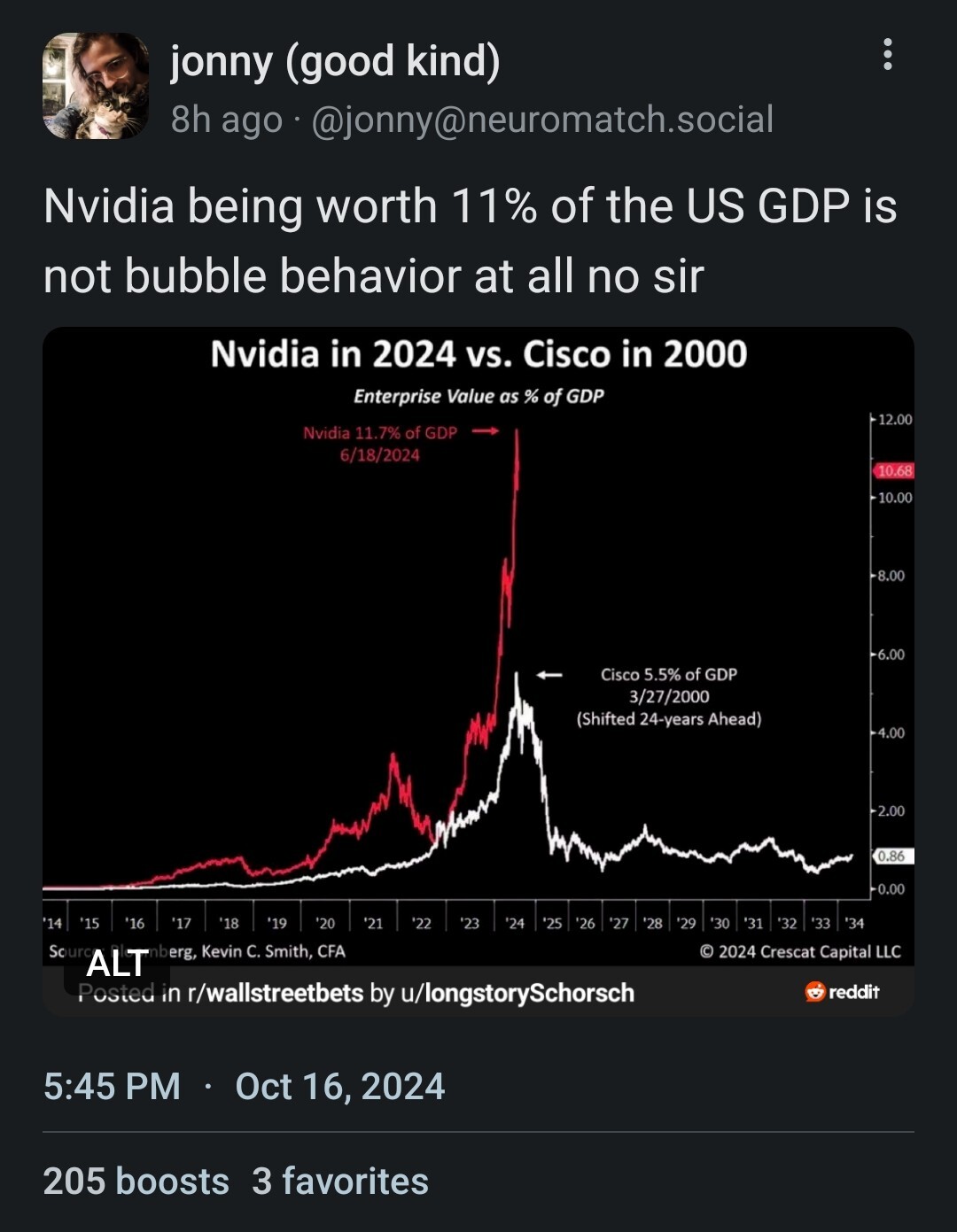On Tuesday, the New York Times published a long interview with Donald Trump’s former chief of staff John Kelly, who Googled an online definition of fascism before saying of his former boss:
Certainly the former president is in the far-right area, he’s certainly an authoritarian, admires people who are dictators—he has said that. So he certainly falls into the general definition of fascist, for sure.
Also on Tuesday, the Atlantic published a report that Trump allegedly said, “I need the kind of generals that Hitler had.”
The revelations have dominated discussions on Fox News, and prompted two-dozen GOP senators to call for Tr—haha, just kidding.
Instead, Democrats and their supporters once again contend with a muted reaction from the media, the public, and politicians, who seem unmoved by Trump’s association with the F-word, no matter how many times Kamala Harris says “January sixth.”
One exception was Matt Drudge, the archconservative linkmonger who has been hard on Trump, who ran a photo of the Führer himself. This proved the rule, argued Times (and former Slate) columnist Jamelle Bouie: “genuinely wild world where, on trump at least, matt drudge has better news judgment than most of the mainstream media.”
Debates about Trump and fascism have been underway for a decade now, and applying the label seems unlikely to convince or motivate anyone. But the lack of alarm underlines a deeper question that doesn’t require a dictionary to engage in: Why do so few Americans, including many on the left, seem to take seriously the idea that Trump would use a second presidency to abuse the law to hurt his enemies?
Maybe it’s because Democrats have studiously avoided confronting Trump about some of the most controversial, damning policy choices of his first term, or the most radical campaign promise for his second. You simply can’t make the full case against Trump—or a compelling illustration of his fascist tendencies—without talking about immigration. Immigration was the key to Trump’s rise and the source of two of his most notorious presidential debacles, the Muslim ban and the child separation policy. Blaming immigrants for national decline is a classic trope of fascist rhetoric; rounding our neighbors up by the millions for expulsion is a proposal with few historical precedents, and none of them are good...


Pipes are often in crawl-spaces or other outer extremities of structures indirectly heated by the warmth coming from the living spaces of the structure, so 55F is a good rule of thumb in some climates.